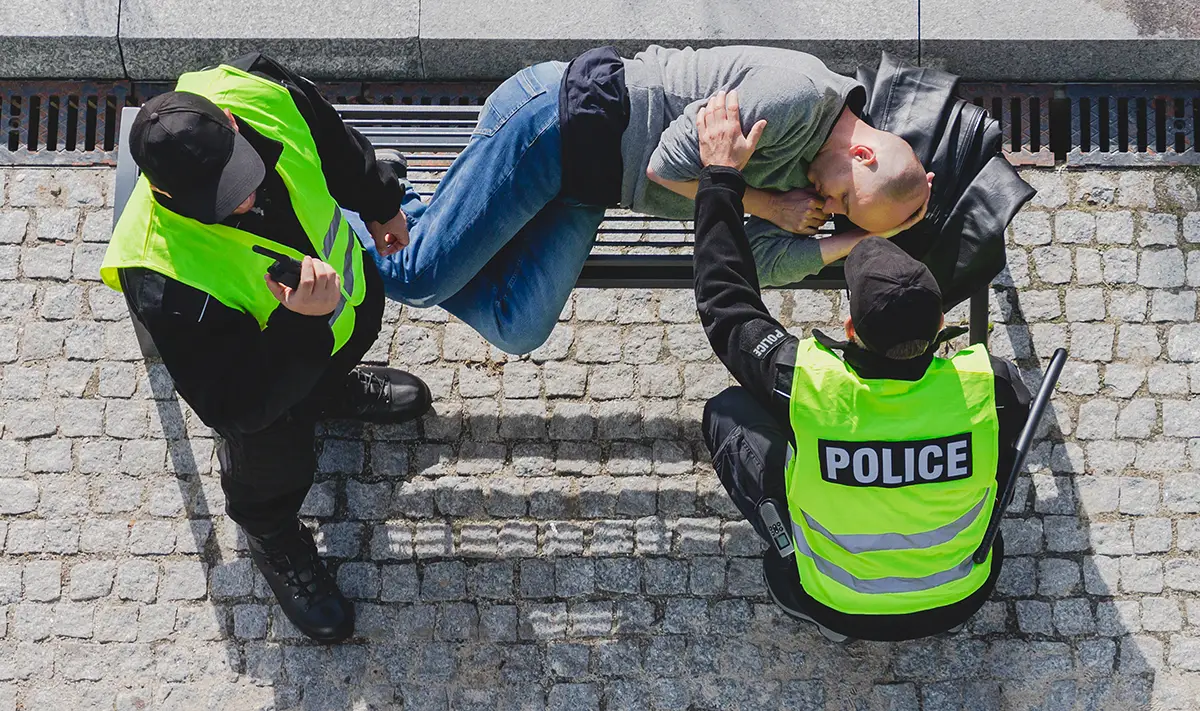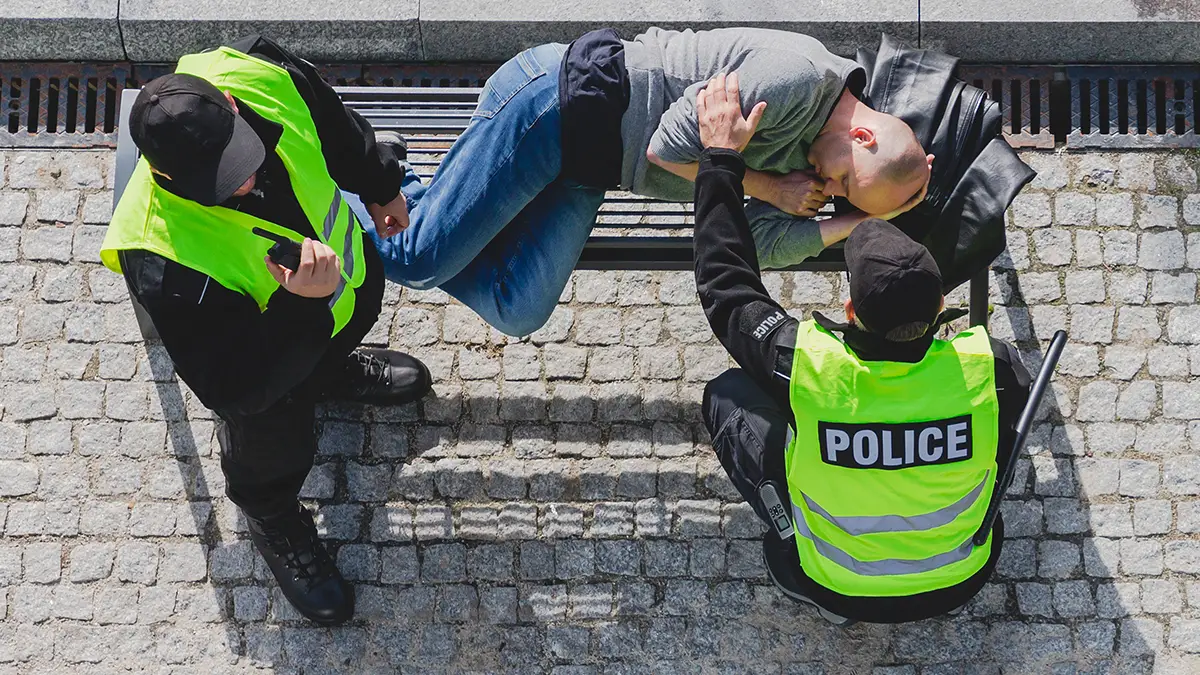
A federal appeals court has upheld a lower court decision that protects homeless residents from being jailed or fined for sleeping outdoors in nine western states and territories.
The September ruling by the 9th Circuit Court of Appeals affirms that if there is nowhere else to go, being jailed or fined for being homeless is unconstitutional.
It applies to the district covered by the 9th Circuit Court of Appeals: Alaska, Arizona, California, Idaho, Guam, Hawaii, Montana, Nevada, and the Northern Mariana Islands.
The ruling expands on the 9th Circuit Court of Appeals’ support of the 2018 decision in Martin v. Boise. That case ruled that jailing people for sleeping in public violated the 8th Amendment’s ban on “cruel and unusual punishment.” The basis is that since all people need to sleep, it is unconstitutional to punish them if there is no shelter available.
Then, in 2020, a suit reached the circuit court concerning the City of Grants Pass, Oregon.
Although Grants Pass did not jail people for sleeping in public, they could receive civil fines for using tents, sleeping bags, cardboard, or other “camping” materials to protect themselves from the weather.
After three citations, homeless persons could receive a no trespass order from the city. Camping in public after that could result in a criminal trespass charge and jail time.
Federal Magistrate Judge Mark D. Clarke ruled against the city citing the Martin v. Boise case. Judge Clarke ruled that civil fines are also “cruel and unusual punishment” if they can lead to criminal charges.
Judge Clarke’s ruling meant that not only are local governments barred from criminalizing homelessness, they also have limits on using civil fines to keep people from sleeping in public. In addition, cities cannot outlaw camping items like sleeping bags, tents, or cardboard. If someone has to sleep outside, they need to protect themselves from the elements.
The U.S. Supreme Court has already rejected an appeal of the Martin decision by the City of Boise. This means that the 9th Circuit’s decision stands and is the “law of the land for the western states in its jurisdiction. The Supreme Court did not provide an explanation for the rejection.
Grants Pass officials are currently weighing their options. They can ask the Supreme Court to review the decision, but risk having it sent back like the Boise case. If the Supreme did take the case and upheld the 9th Circuit’s ruling, no jurisdiction in the nation would be allowed to criminalize homelessness.

